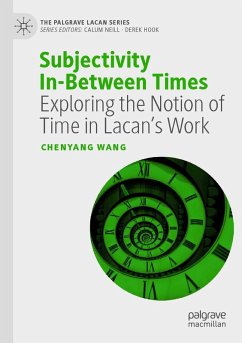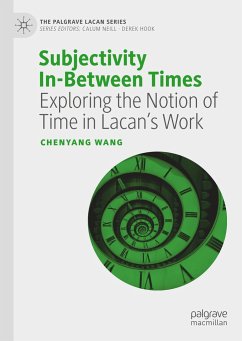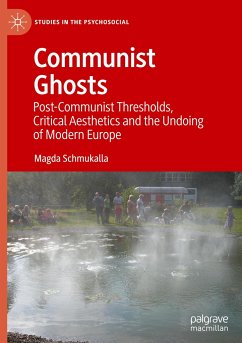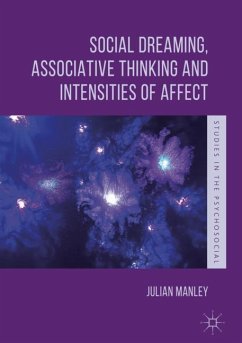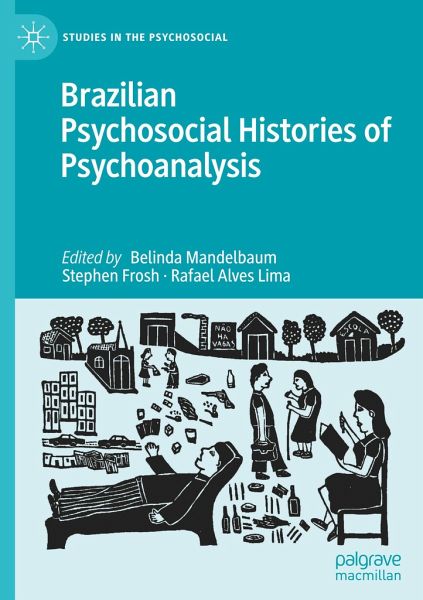
Brazilian Psychosocial Histories of Psychoanalysis

PAYBACK Punkte
57 °P sammeln!
This edited volume provides a critical history of psychoanalysis in Brazil. Written mainly by Brazilian historians and practitioners of psychoanalysis, the chapters address some central questions about psychoanalysis' social role. How did psychoanalysis develop and flourish in a society in which modernisation was accompanied by inequality, authoritarianism and violence? How did psychoanalysis survive in Brazil alongside censorship and repression? Through a variety of lenses, the contributors demonstrate how psychoanalysis in Brazil presented itself as progressive and transformative and maintai...
This edited volume provides a critical history of psychoanalysis in Brazil. Written mainly by Brazilian historians and practitioners of psychoanalysis, the chapters address some central questions about psychoanalysis' social role. How did psychoanalysis develop and flourish in a society in which modernisation was accompanied by inequality, authoritarianism and violence? How did psychoanalysis survive in Brazil alongside censorship and repression? Through a variety of lenses, the contributors demonstrate how psychoanalysis in Brazil presented itself as progressive and transformative and maintained this self-image even as it developed institutional structures that reproduce the authoritarianism of the wider society.
This novel work offers rich conceptual and practical insights for academic researchers and practitioners of psychoanalysis and psychoanalytic psychotherapy, and addresses methodological questions of concern to academics working across the social sciences. Crucially, it also outlines a distinctive vision of psychoanalysis seen through a Brazilian lens, which will be of interest to readers seeking to confront the Eurocentric and North American bias of much psychoanalytic debate.
This novel work offers rich conceptual and practical insights for academic researchers and practitioners of psychoanalysis and psychoanalytic psychotherapy, and addresses methodological questions of concern to academics working across the social sciences. Crucially, it also outlines a distinctive vision of psychoanalysis seen through a Brazilian lens, which will be of interest to readers seeking to confront the Eurocentric and North American bias of much psychoanalytic debate.






